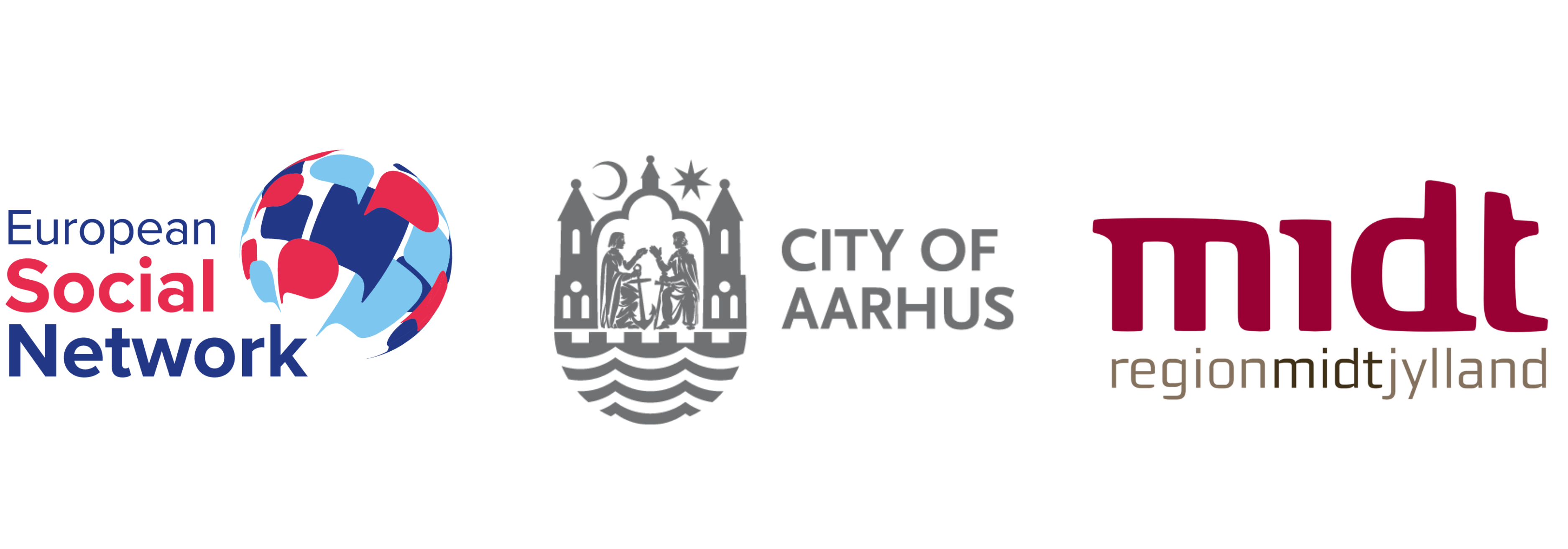The Organisation for Economic Co-operation and Development (OECD) has explained the need for governments to become responsive: “Governments need to find innovative solutions to respond to fast-changing needs with limited resources in order to preserve responsiveness and a client focus.”
The COVID-19 crisis has served as a catalyst for digital transformation, with governments around the world responding rapidly to the need for digitalised citizen and business services. But as we transition to the “new normal”, can this level of responsiveness be sustained? Moreover, how can government agencies embed responsiveness into their processes, systems, and cultures to meet their customers’ longer-term needs and expectations?
Our experience working with a city in the United States got us thinking about how we could help government agencies innovate with Operational and Experience data to be more responsive to citizens’ needs. The city had observed an “experience gap” between their operational KPIs (internal service delivery measures) and their Net Promoter Score (customer satisfaction rating). After surveying residents about their experiences across hundreds of municipal services, they discovered that their customers valued two things:
- They wanted the city to make it easier for them to report a problem.
- They expected the city to keep them informed throughout the process of resolving their problem.
In response, the city shifted their focus from incrementally improving service delivery efficiency to radically transforming their approach to customer engagement. By focusing on being easy to do business with, and being more transparent throughout the service delivery process, the city was able to increase customer satisfaction by up to 45% in relation to some services!
Another great example comes from one of our Australian government customers, who are innovating with Operational and Experience data to reduce the barriers to starting a new business. When they collected feedback from business owners, the agency discovered that people trying to start a new business were having to deal with multiple government departments and complete dozens of forms. By linking together their regulatory processes, the government cut through the red tape and made it much faster to get businesses up and running. In fact, the average time to start a new business has reduced from 12+ months to around three months! As you can imagine, this has had a really positive impact on the survival rate for new businesses, which has, in turn, contributed to Australia’s economic recovery from the COVID-19 crisis.
Based on these and other experiences, we’ve come to define “responsive governments” as those that form more intimate connections with their customers, and thereby earn the right to be more proactive, ambitious and innovative with their data. In this context, being “responsive” means achieving and sustaining a state of business where you continually utilise Operational and Experience data to understand not only WHAT’s happening, but WHY it’s happening, and are thereby able to take action in the moment.
The SAP Institute for Digital Government has created a Responsive Government Playbook that can be used, firstly to guide a discovery into the drivers of customer satisfaction, and then to formulate personalised responses based on what you’ve learnt. We identified six scenarios, along with examples of how each scenario can be applied within the context of citizen and employee experience.
Please join us at the European Social Services Conference at 11:30 (CET) on Wednesday, 30 June, for an interactive workshop where you’ll learn to apply our Responsive Government Playbook within the context of your business.
Ryan van Leent, SAP Institute for Digital Government

